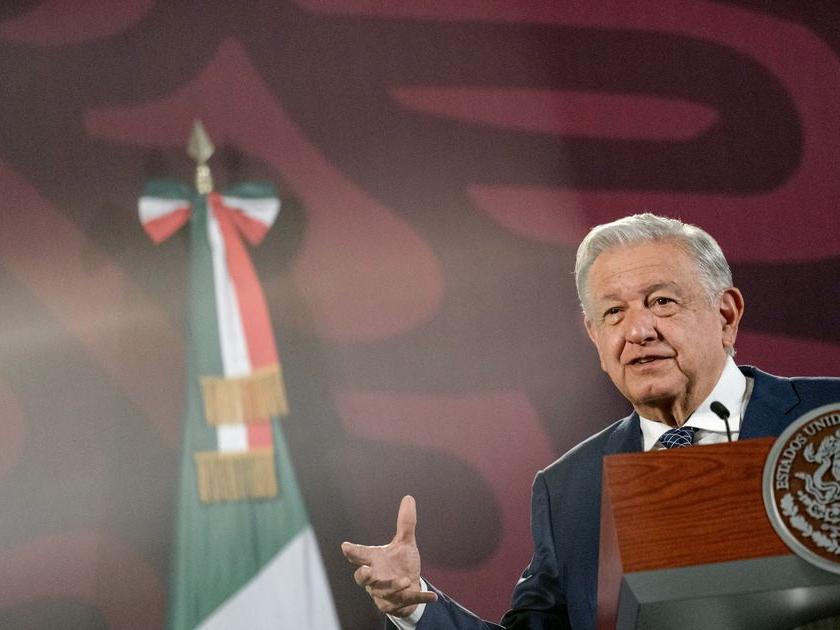The Mexican Senate’s approval of a controversial judicial reform has ignited a firestorm of debate and protests across the nation. The reform, which will allow for the popular election of judges, magistrates, and Supreme Court ministers, passed with 86 votes in favor and 41 against. The decisive and unexpected vote came from PAN senator Miguel Ángel Yunes Márquez, who faced immediate accusations of betrayal from his own party.President Andrés Manuel López Obrador celebrated the decision, stating, ‘When the people, freely, choose the judges, magistrates, and ministers, we will make significant progress in Mexico and set an example for the world’. He vehemently denied allegations of any deal with Yunes Márquez, emphasizing that the legislator’s decision was made freely.However, the reform has faced fierce opposition from various quarters. Civil society organizations, including Equis Justicia and Centro Prodh, warned that the reform ‘abolishes the separation of powers and puts human rights at risk’. International bodies such as the UN, Human Rights Watch, and the International Association of Lawyers have expressed concern about potential interference from the executive branch and criminal groups in future judicial elections.The approval process was marked by tension and controversy. Protesters, including judicial employees and law students, stormed the Senate building, leading to the use of tear gas by Mexico City Police and forcing legislators to relocate the session. The peso has reportedly weakened by almost 15% since López Obrador’s party’s landslide congressional win in June, reflecting economic concerns over the reform.The reform now requires ratification by at least 17 of Mexico’s 32 state legislatures before it can be promulgated. As Mexico moves forward with this unprecedented change to its judicial system, the coming months will be crucial in determining its implementation and impact on the country’s democratic institutions and economic stability.
Key points
- Mexican Senate approved a judicial reform allowing popular election of judges and magistrates.
- The reform passed with a decisive vote from PAN senator Miguel Ángel Yunes Márquez, sparking accusations of betrayal.
- President López Obrador celebrated the decision, while opposition and international bodies warn of risks to judicial independence.
- The reform requires ratification by at least 17 of Mexico’s 32 state legislatures.
- Protests and economic concerns have followed the reform’s approval, with the peso weakening by almost 15%.
Contradictions👾While President López Obrador claims the reform will ‘set an example for the world’, opposition and international bodies warn it could undermine judicial independence.
👾The government asserts the reform reflects the will of the people, but widespread protests and concerns from civil society organizations suggest significant opposition.
